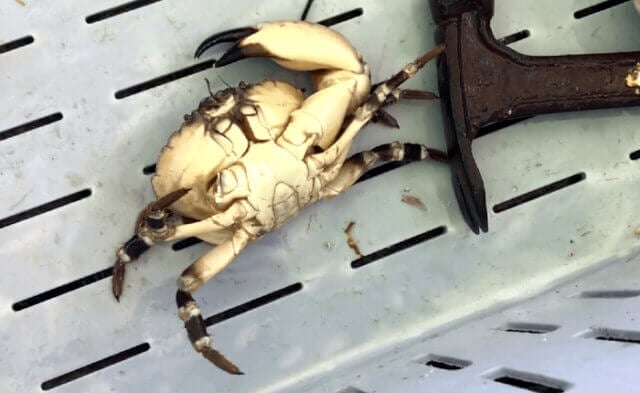In my travels as a humane educator, I confront moldy myths, superstitions, and flat-out fallacies that, with a simple bit of deduction, prove to be utterly foolish. But these false notions persist, unfortunately, and can have deadly consequences for animals.
For instance, many people turning a companion animal into the shelter state, “I just had a baby, and cats suffocate infants.” Ridiculous, of course, because cats instinctively shy away from screaming, wiggling, erratic beings. A related unfounded excuse that people use when breaking their commitment to their feline companion is “pregnant women can’t be around cats.” Even the conservative Centers for Disease Control and Prevention says that cats don’t have to be abandoned by pregnant women. It’s helpful that the agency suggests that cats be kept indoors—that helps not only the woman but also the cats!
I asked a bunch of fifth graders if it’s true that cats always land on their feet. I got a resounding “Yes!” Fearing that the students might actually try this one out by dropping a cat from altering heights, I explained to them that if cats fall from a height that is too low for them to have enough time to turn their bodies around, they will land on their backs. As a result, cats will suffer and possibly even die. It’s simple physics. That myth goes hand in paw with the belief that cats have nine lives. I asked another classroom full of fifth graders to raise their hands if they believed this myth. More than half did—until I explained otherwise.
And how about this one: Bats are blind and can get tangled in your hair. A lot of otherwise educated adults believe this one. Bats have the same five senses that humans do. They’re not aggressive, are often very shy, and will likely do anything to avoid having any direct contact with humans.
The belief that fish can’t feel pain is a particularly harmful myth, as is the idea that catch-and-release fishing is a harmless activity. Many studies establish that our aquatic friends can feel pain. Catch-and-release fishing is cruel because released fish suffer open wounds, which are a portal for bacteria to enter the bloodstream and kill the fish slowly. Once a fish is caught, it’s game over. Even if a fish does not die from a bacterial infection, the traumatic experience of being caught causes the fish immense pain and suffering. How would it feel to be yanked out of your environment by a hook in your mouth? Sound pleasant?
So, as I travel the school circuit sharing important messages—including telling kids that dogfighting is a crime, that dog bites can be avoided by “standing like a tree,” and that animal companions need to be spayed and neutered—I must spend valuable and precious minutes dispelling persistent legends.
How about you? What are some of the common myths that you have heard about animals? Why do you think such false information spreads so easily?





